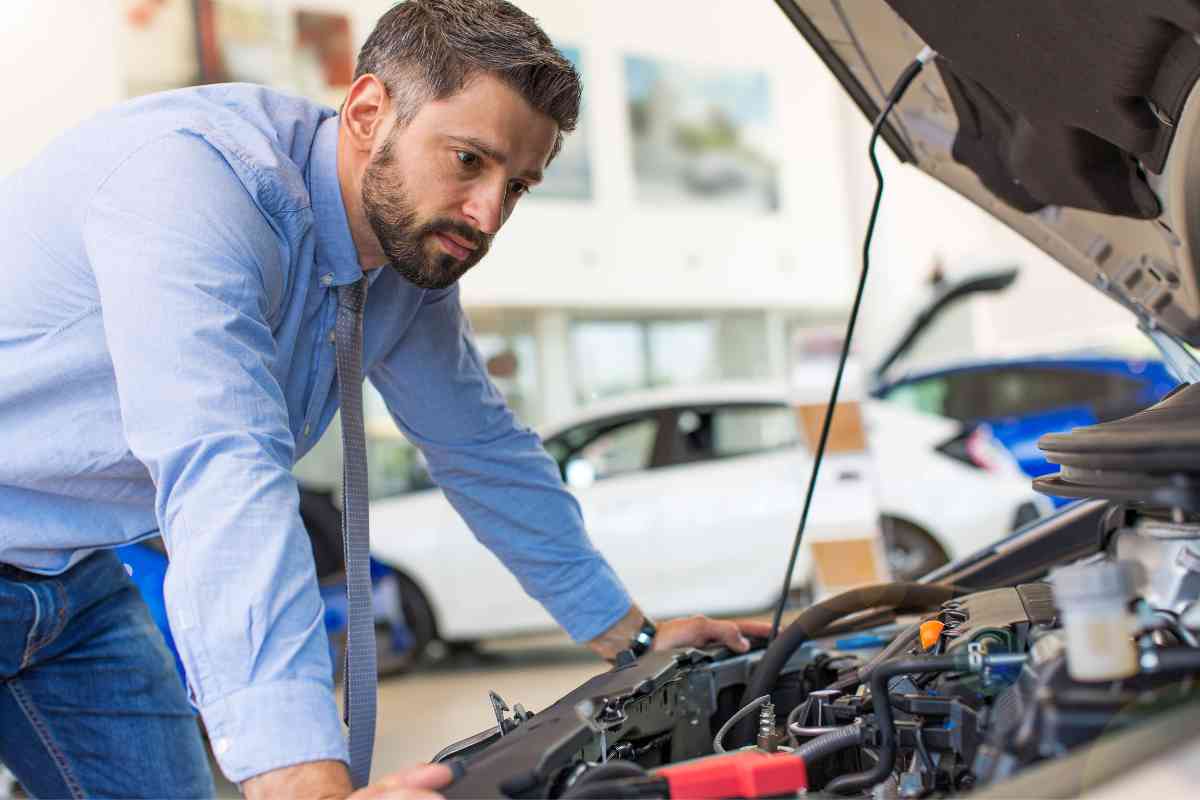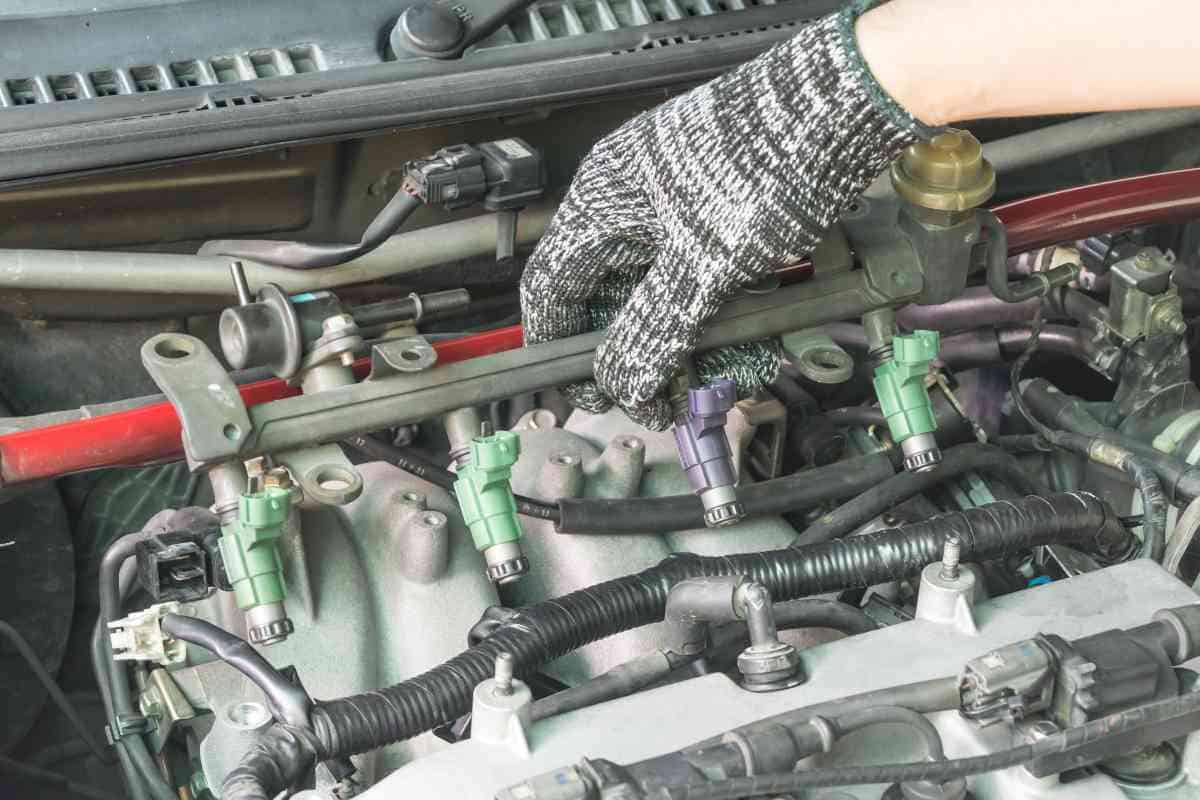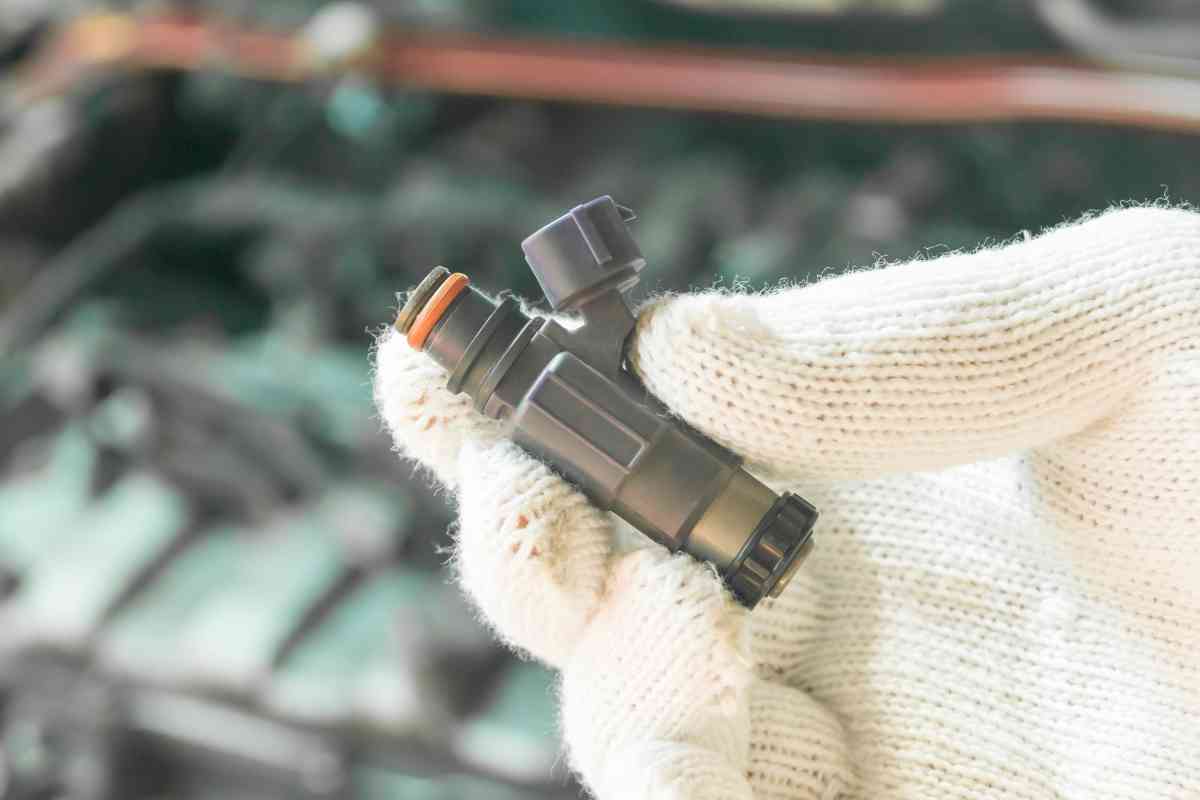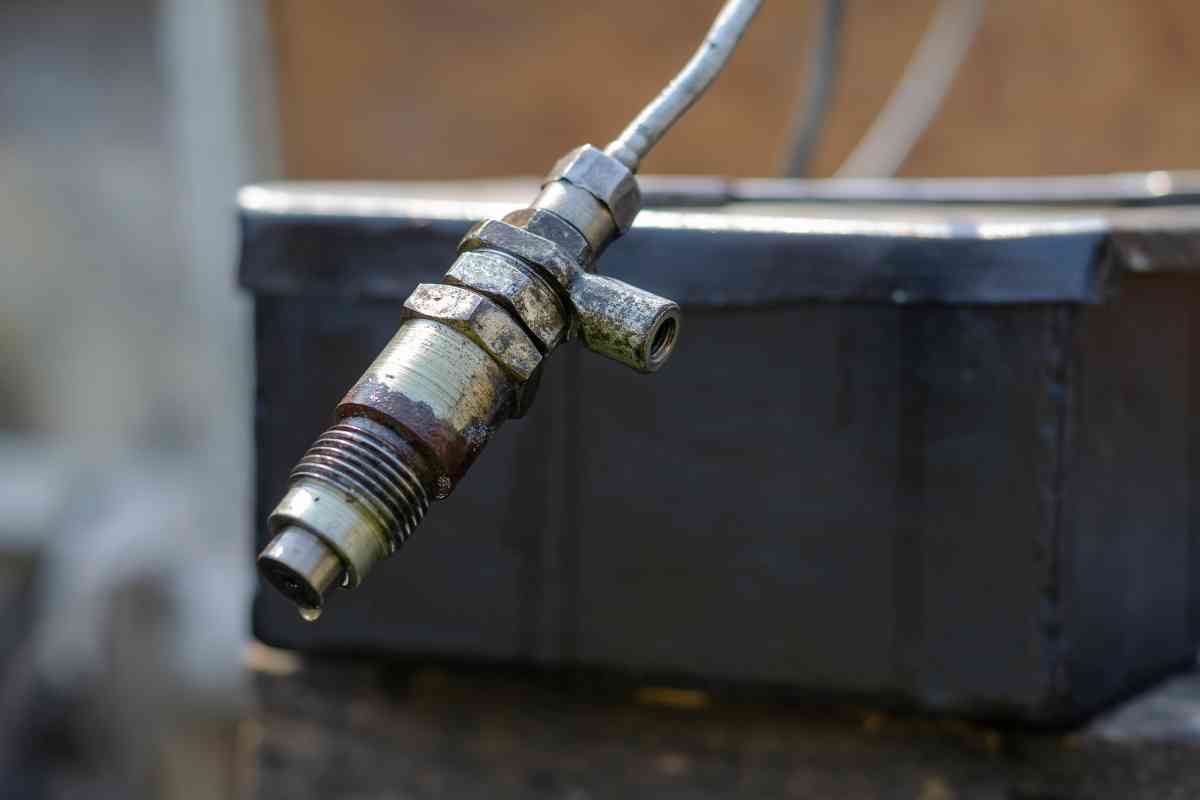5 Reasons Why Your Fuel Injector Fuse Keeps Blowing
Inadequate fuel injection has a devastating effect on engine performance. Automobiles rely on fuel injectors to supply the engine with fuel.

Why does my fuel injector fuse keep blowing?
When an injector fails to form a tight seal with its seat in the cylinder head, a phenomenon known as injector blowing occurs. Carbon may accumulate on the rocker lid because of a leaking injector seal and grow into a solid mass that causes the injector pipes to crack and the hose to burst.
If the fuel injectors of an engine fail, the engine’s performance will suffer greatly. The fuel injectors in your vehicle inject the fuel into the engine. When the fuel injection mechanism malfunctions, the engine stops working, and you can’t drive your car. Here is our report from car experts.
Why Fuel Injectors Blow
Why does my fuel injector fuse keep blowing? Various factors can lead to fuel injector failure; however, the four most typical issues are listed below.
Loss of Engine Power

The most noticeable symptom of a fuel injector malfunction is a loss of engine power. Clogged fuel injectors can cause sporadic fuel delivery.
High and low RPMs will make the engine run in spurts rather than gradually while the fuel level is wildly fluctuating.
Clogged Fuel Injector
With a clogged fuel injector, an engine will eventually misfire as the fuel supply is inadequately distributed. The misfire is immediately detectable when driving and usually must be fixed immediately by professional vehicle mechanics.
Due to the rapid rise in temperature caused by the engine’s misfires, the fuel-air mixture might be accidentally ignited before it has even been combusted.
Damaged Fuel Injector
Problems caused by a faulty fuel injector won’t go away after the vehicle is turned off. When fuel is suddenly cut off, the engine will not idle smoothly but rather in a jerky, erratic fashion.
Reduced Fuel Efficiency
A broken fuel injector can cause a vehicle to get poor gas mileage. Damage to the shell or internal springs might cause fuel waste through leakage or overfilling.
Contact qualified mechanics immediately if you think you have a broken fuel injector or believe the fuel injectors may fail.
Reasons Fuel Injectors Get Damaged

Now that you know some warning indications of blocked, damaged, or tattered fuel injectors, you need to learn more about the causes of these problems. The following are some of the most common ones:
Bad Fuel Quality
When fuel injectors become blocked, they cannot deliver fuel effectively, and the main cause is poor fuel quality. Damage to your fuel injectors might occur if debris and impurities in the fuel make their way into the fuel injector system.
This is particularly true in areas where the gas season changes from summer to winter.
Heat Soak
When you turn off an engine, fuel residue might vaporize in the injector nozzles, a phenomenon is known as heat soak. Since the engine is not running, waxy olefins accumulate on the residue and collect in the ports.
These olefins become solidified as clogging deposits as the temperature rises. Although the detergents in your fuel can prevent these deposits from accumulating, your engine might not have the chance to flush out the olefins if you frequently take short excursions.
In that instance, the fuel injectors could eventually become clogged and stop working.
Engine Blow-By
In a compression cycle, gasoline and oil residue can be sucked beyond the pistons to the shaft, a phenomenon known as blow-by. When the air filter isn’t doing its job and catching the blow-by, the sediment could obstruct the fuel injectors when the PCV system isn’t operating properly.
Solenoid Failure
Solenoids are used to generate a magnetic field, which is then used to raise the nozzle pintle. When the injector’s solenoid develops a short, the injector may stop working.
Leaking and Broken Fuel Injector
The fuel injector may have developed a leak or fractured. If the fuel injector is damaged, it won’t be able to supply the right amount of fuel and air to the engine, which would reduce its efficiency and overall performance.
How To Prevent Fuel Injector Problems

Fuel injectors are typically very durable and, with proper maintenance, can last the engine’s lifetime. To keep them functioning, they need to be serviced regularly, just like any other component in an engine.
You can take several measures to make your automobile more durable if you intend to put a lot of miles on it.
Regular Inspection And Cleaning
Because of this, having injectors removed and examined regularly is the best method to ensure their continued proper functioning. Keeping your fuel injector clean will increase its lifespan.
That’s the case every 40,000 kilometers under typical conditions. You should have them checked more frequently if you usually take short trips to avoid accumulating deposits.
Use Of Fuel Additives
Adding a fuel injector cleaning to your gas tank regularly is another excellent approach to maintaining healthy injectors. Many sellers of car wash products guarantee improved performance or mileage after using their wares.
Regular Engine Servicing
Maintaining a healthy engine is as simple as regularly changing the oil and filter. Injectors can be put under unnecessary stress if an engine isn’t functioning optimally.
Keeping the gasoline filter in good working order is essential for optimal fuel delivery.
Driving Habits
Increased injector wear is a result of both aggressive driving and frequent stops. The injectors can last longer if you turn off the engine after it has cooled down. The remainder of the engine will gain from this as well.
Therefore, a properly maintained fuel injection system will extend the life of your vehicle.
Fuel injectors have a finite lifespan. However, there are things you can do to ensure they live as long as they possibly can.
A crucial part of today’s automobiles is the fuel injector, as they supply gasoline to an automobile’s engine and do so in the most economical way imaginable.
As a result, vehicles have better MPG ratings and produce less pollution than they did with previous technology.
Many automobile owners prefer to have their vehicles diagnosed by a mechanic whenever something is wrong with the complex technology within.
Key Takeaways
- Fuel injectors blow because of clogging or when the injector is damaged.
- Fuel injectors can damage due to poor fuel quality, heat soak, or breakage.
- You can prevent the fuel injector from blowing by conducting regular inspections
- Do regular maintenance and servicing, and improve your driving habits.
